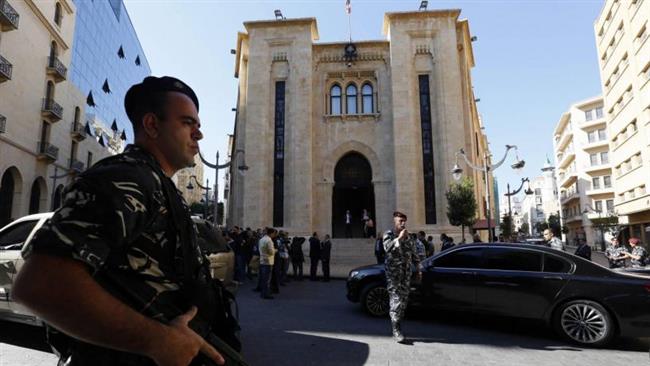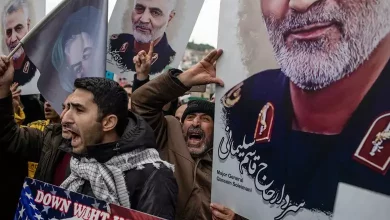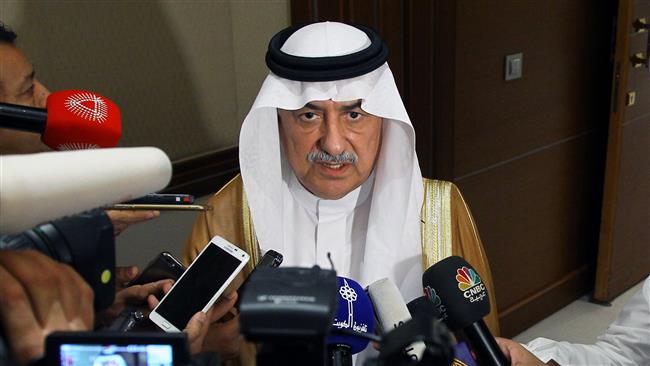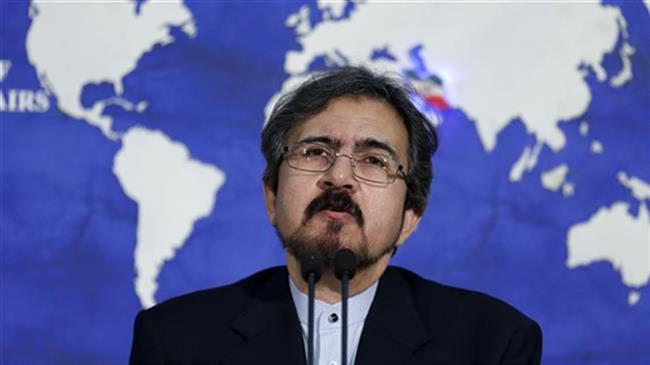Saudi, Israeli projects of Iranophobia falling flat: Zarif
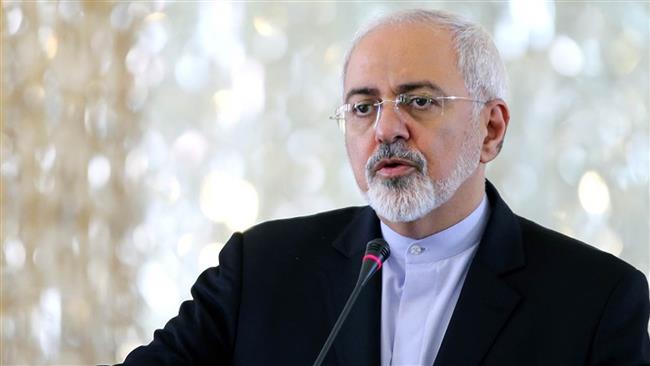

Iranian Foreign Minister Mohammad Javad Zarif says projects by the Israeli and Saudi Arabian regimes to portray Iran as a threat to the world have been falling flat over the past years.
Speaking to a group of Iranian expatriates in the Ghanaian capital city of Accra on Monday evening, Zarif said Tel Aviv and Riyadh, “two like-minded regimes,” are investing heavily in Iranophobia to draw attention away from their crimes and their collaborations.
“It is obvious that the cooperation of the Zionist regime (Israel) and the Saudi regime, which are two like-minded and congruent regimes, has today become known and can no more be concealed,” Zarif said.
He said the two regimes are concerned about their collaboration having become publicly known and are thus “investing further in Iranophobia” as a means of distraction.
He said, however, that, “The world has today waken up to the fact that the danger of Wahhabism is the real threat.”
Wahhabism is an extreme ideological strand openly preached by Saudi Arabian clerics, who have the blessing of ruling Saudi authorities. It is the main ideological feature of Takfiri terrorist groups — particularly Daesh — which declare people of other faiths and beliefs as “infidels” and, based on “decrees” from clerics, rule that they should be killed.
Most Arab governments have no diplomatic relations with Israel. Egypt and Qatar are the only two Arab states to have open diplomatic ties with Israel.
Some Arab governments, however, while posing as Israel’s traditional adversaries, have been revealed to have secret ties with the Tel Aviv regime. Saudi Arabia and the United Arab Emirates (UAE) are two such countries.
Last week, a retired general in the Saudi military traveled to Israel at the head of a delegation, meeting with Israel’s foreign ministry director general Dore Gold Yoav Mordechai and a number of Knesset members.
Both Riyadh and Tel Aviv were and continue to be fiercely opposed to a nuclear deal between Iran and a group of six world powers.
In his Monday remarks, Foreign Minister Zarif said the deal, known as the Joint Comprehensive Plan of Action (JCPOA), succeeded in proving to the world the peaceful nature of the Iranian nuclear program.
The JCPOA was struck between Iran and the US, the UK, France, Russia, China and Germany on July 14, 2015.
Zarif is in Ghana on the second leg of a four-nation African tour. He was in Nigeria before arriving in Ghana and will be traveling to Guinea-Conakry and Mali on the third and fourth legs of his tour.
